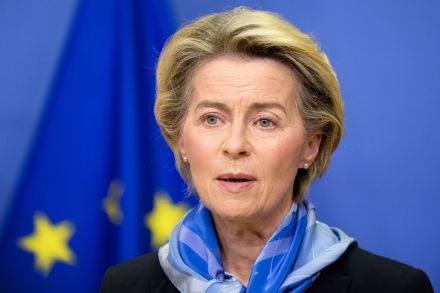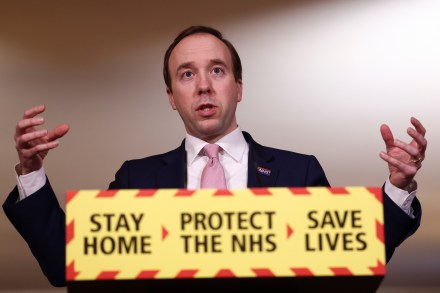Will the EU go through with its threat of blocking vaccines?
12 min listen
The European Medicines Agency has announced that the Oxford-Astrazeneca jab is safe after all. In light of this, will the European Commission go through with its threat of banning vaccines from leaving the bloc? Cindy Yu talks to Katy Balls and James Forsyth.




















